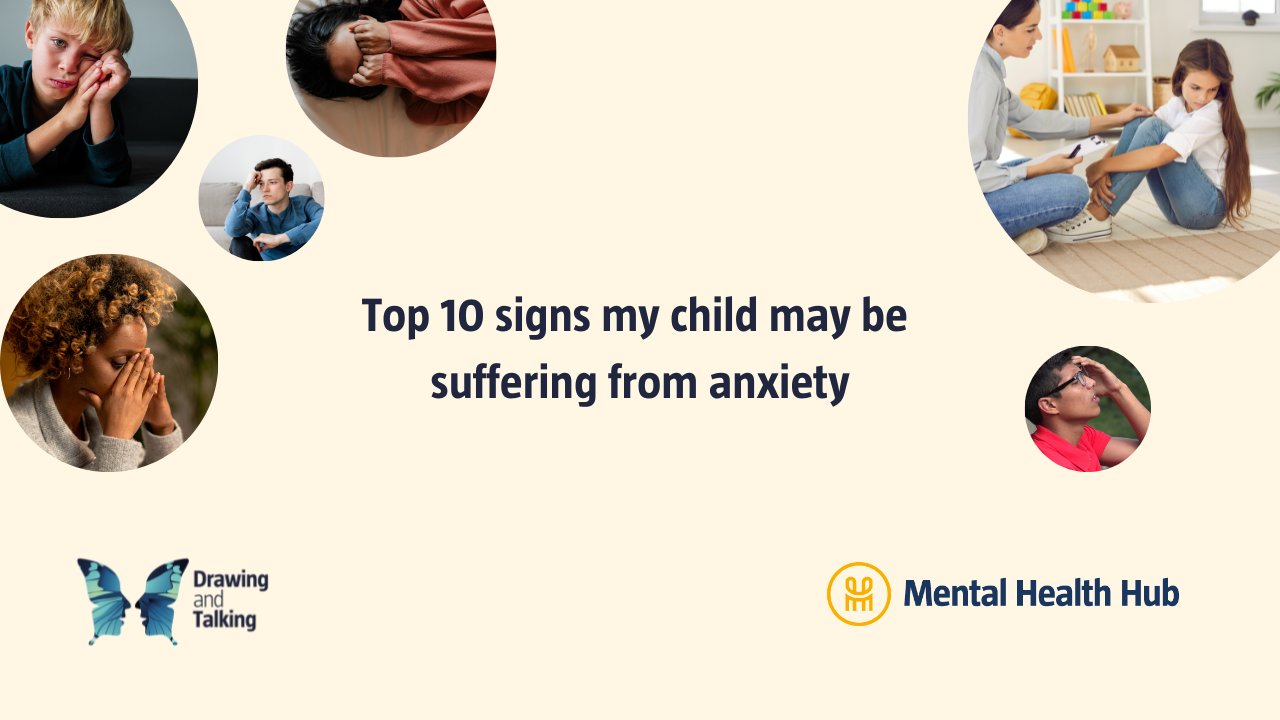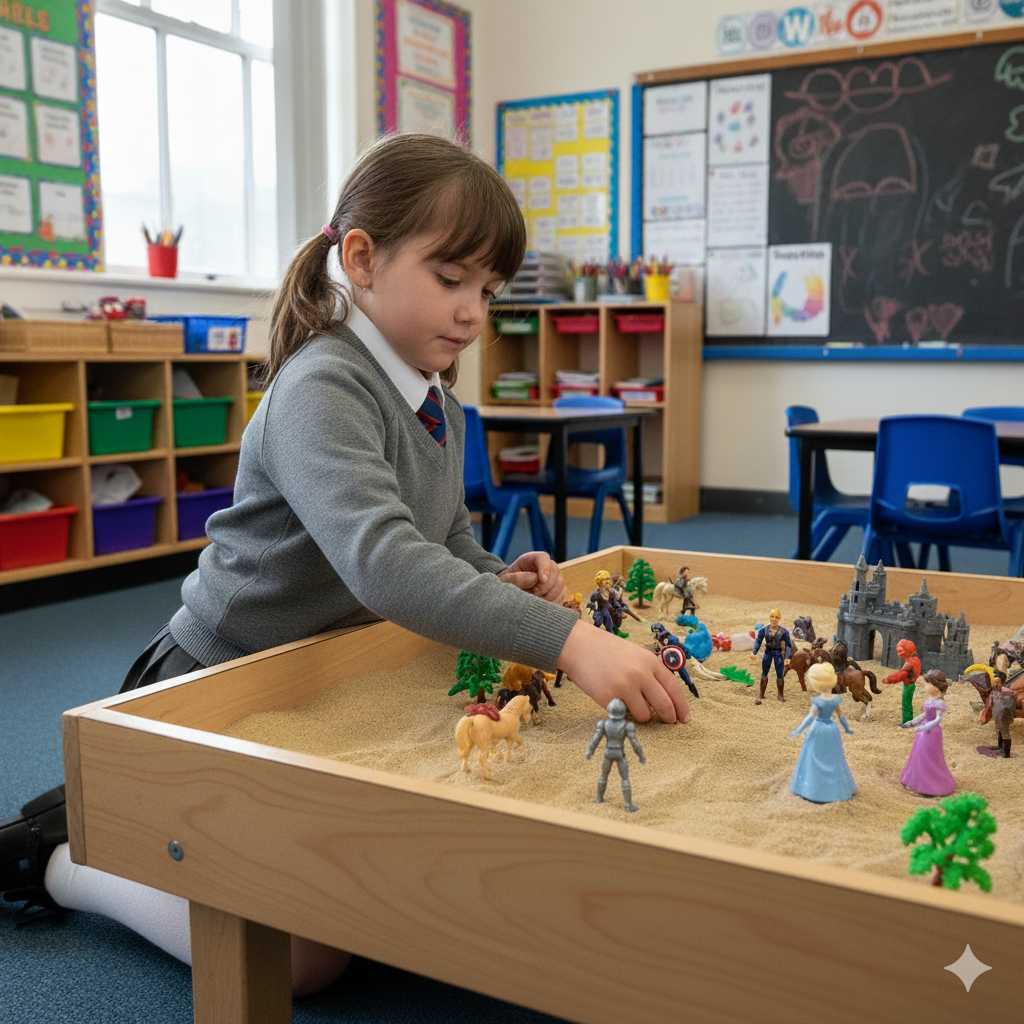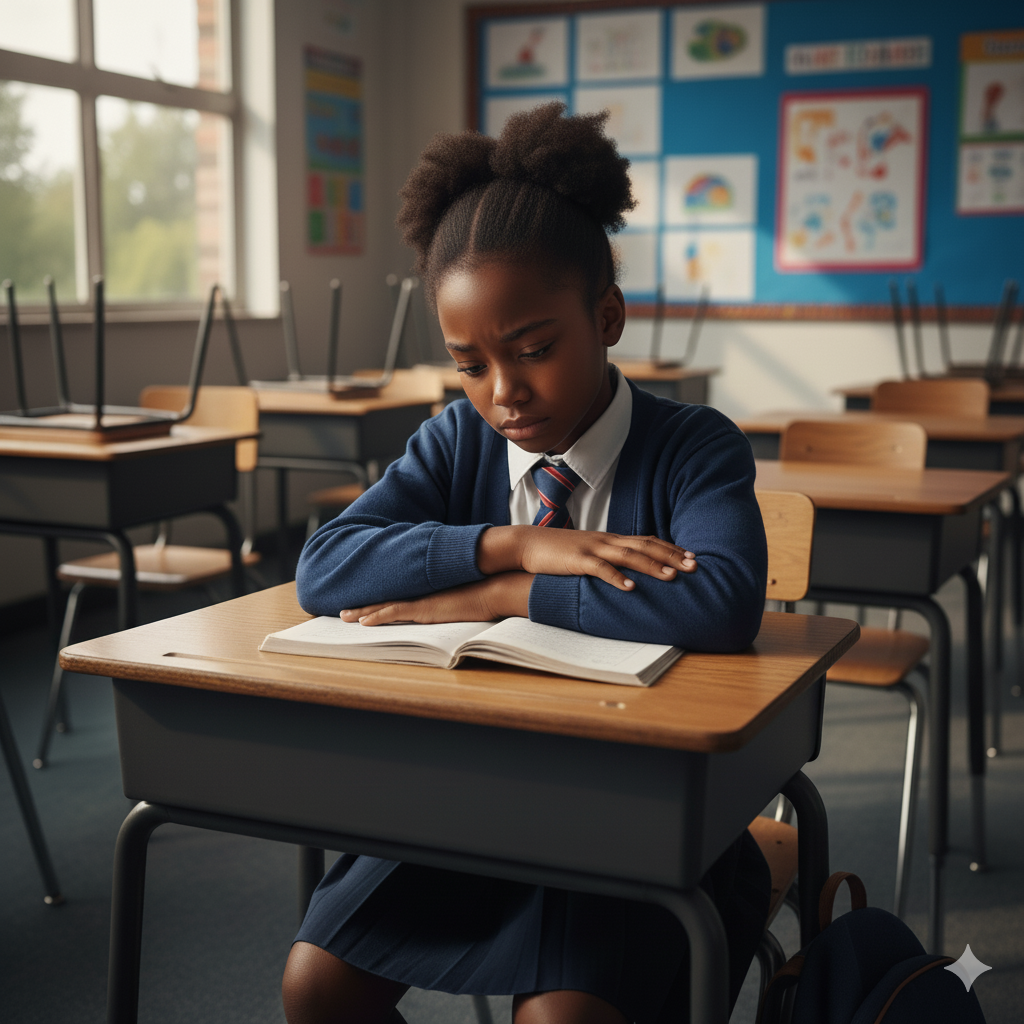
LIFELONG THERAPEUTIC LEARNING:
-
Learn more

Drawing and Talking allows individuals to discover and communicate emotions through a non-directed technique, setting it apart from existing solution-focused and cognitive-based therapies and interventions
Learn more
Creators of a global proactive intervention intended to complement rather than replace the work of Specialist Mental Health Services
Working with vulnerable
-
Full courses
Drawing and Talking has proved invaluable with secondary aged students who find it difficult to talk about their emotions.

Our team's commitment to high quality services provides you with peace of mind.
Individuals
Creators of global proactive intervention intended to complement rather than replace the work of Specialist Mental Health Services.
Organisations
In-house training days are the most cost effective way to train groups of 20 or more staff in the Drawing and Talking therapeutic technique. We offer both Zoom and in-person options.
-
Short courses
Drawing and Talking has proved invaluable with secondary aged students who find it difficult to talk about their emotions.

Drawing and Talking allows individuals to discover and communicate emotions through a non-directed technique, setting it apart from existing solution-focused and cognitive-based therapies and interventions
Short Courses
Our short courses provide 2.5 hours of CPD and can be completed by anyone - not just graduates.
-
Practitioners
In our 20-year history, we have built a community of 20,000 Drawing and Talking Practitioners.
Our Drawing and Talking Practitioners are committed to high-quality therapeutic support. Our Accredited Practitioners maintain an active Drawing and Talking Membership, which includes regular CPD and supervision and coaching. This ensures safe, reflective and effective practice.
- Contact us
- Book now
Top 10 Signs My Child May Be Suffering From Anxiety

- Do not deal well with plans changing last minute.
Changing plans can be stressful for all of us, this can be especially difficult for a child who suffers from anxiety. Unfortunately this can be as big as moving house, death, divorce or even the little things for example cancelling a playdate or the wrong breakfast cereal.
- Does he or she get very angry and or try and keep the peace.
Anxious children constantly feel like they are not in control of their surroundings, this can manifest in many different ways. Some children may get angry others could be scared to show their feelings and may try to constantly be on their “best behaviour”
- Worry a lot.
Just like adults children with anxiety tend to worry more, these feelings can become very overwhelming for a child. Depending on the age of the children and the experiences they have had these worries can be extreme and generally out of their control.
- Do they like the routine and suffer when this routine changes
All children benefit from a routine and this is very true of an anxious child, when this changes last minute without warning or discussion the child may react badly. This could show itself in many different ways including anger, panic, fear or sickness.
- Do they suffer in social situations unable to make new friends.
It is very important for a child to feel like they belong and also have good make good friendships and connections, this can be particularly difficult for a child with anxiety issues. It may not come naturally to them to start up conversations and or deal with social environments in and out of school. If they do not have the right tools to hand when they are young / primary school age this could only get worse in secondary school where generally speaking the class sizes / and year groups are bigger.
- Find it hard to switch off or sleep.
We know what it’s like for adults who are constantly worrying about things in our daily lives we will find it hard to switch off, sleep or wake up in the night this is the same for children. The problem is when children are tired or unable to relax these issues can feel one hundred times worse. It is important again for a child that suffers from anxiety to find ways to help them get a good night’s sleep and relax.
- Find it hard to trust their instincts / need constant reassurance.
Children from a very early age need guidance and reassurance, it is hard to say at what age their instincts should kick in because every child is different but you may find that if your child suffers from anxiety then they will find it more challenging to make even simple decisions by themselves.
- Not eating properly or over eating
There are proven links between anxiety and eating problems, that desire to have control over a situation. Food can be used as a distraction or the child maybe simply feeling sick with worry that they lose their appetite. It is important to realise a young child are probably not doing this consciously, this is a symptom of another issue.
- Complaining of stomach aches, are sick or unwell a lot.
This is a common symptom of anxiety in children and adults, stomach cramps, diarrhoea and physically being sick as well as full on panic attacks.
- Tics; for example uncontrolled blinking or incomprehensible noises.
These are actually quite common in children from the age of about 5, they can worsen with a lack of sleep and increased stress.
Latest news
December 10, 2019
December 10, 2019



